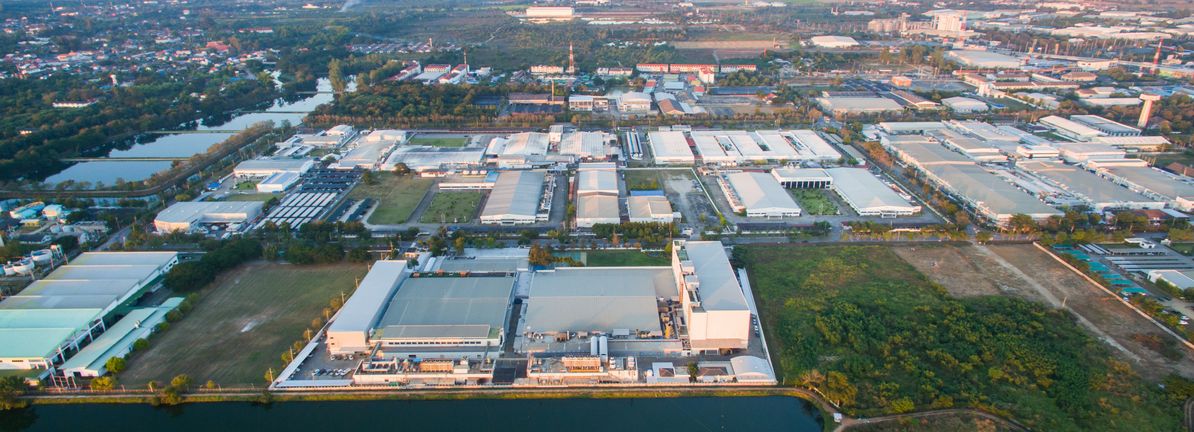Phillips Edison (PECO) reported net profit margins of 11.5%, up from last year’s 9%, highlighting a notable improvement in profitability. Earnings grew 41.1% year over year, outpacing the company’s five-year average growth of 36.9% per year. However, future earnings and revenue are forecast to rise at slower rates of 3.95% and 5% per year respectively. As share price remains high relative to industry peers, investors now face the trade-off between strong historical growth and a steep valuation multiple.
See our full analysis for Phillips Edison.
Next, we will see how these headline results stand up when compared to the key narratives shaping sentiment around Phillips Edison. Some expectations may hold up, while others could be challenged.
See what the community is saying about Phillips Edison
-
Renewal leases at Phillips Edison are generating spreads of over 20%, while new leases are delivering more than 30% spreads. Both factors support recurring income and gradual net margin expansion.
-
According to the analysts’ consensus view, these strong leasing spreads back up the idea that demographic tailwinds in suburban markets and high occupancy rates, currently at a record 97.4%, are helping to reinforce stable, long-term revenue and NOI growth.
-
Portfolio trade areas average a $92,000 median income, which is 15% above the US average and supports the narrative of rising foot traffic and tenant sales based on concrete demographic strength.
-
Omnichannel trends and necessity-based tenant demand, as highlighted in the consensus narrative, support higher rent escalations and retention rates. This benefits both current returns and the margin outlook over time.
-
What’s driving analysts’ conviction? Bulls and bears both see unusually sticky demand, but only time will tell if those 97.4% occupancy rates can stay this high.
📊 Read the full Phillips Edison Consensus Narrative.
-
With 95% of its debt fixed-rate and a weighted average maturity of 5.7 years, Phillips Edison’s balance sheet is designed to handle rising rates. This lets management focus on strategic acquisitions rather than dilutive equity raises.
-
Analysts’ consensus narrative highlights how a disciplined approach to new property deals, often below replacement cost and at a 6%+ cap rate, positions Phillips Edison to steadily grow earnings and FFO, even in a competitive real estate environment.
-
Low leverage of 5.4x EBITDAre allows PECO to opportunistically pursue high-growth, grocery-anchored properties, supporting external growth without overextending the balance sheet.
-
This active “portfolio recycling” and acquisition strategy is seen by consensus as a core ingredient for long-term FFO and EPS expansion, especially while institutional investor demand for stable, necessity-based retail remains high.
-







